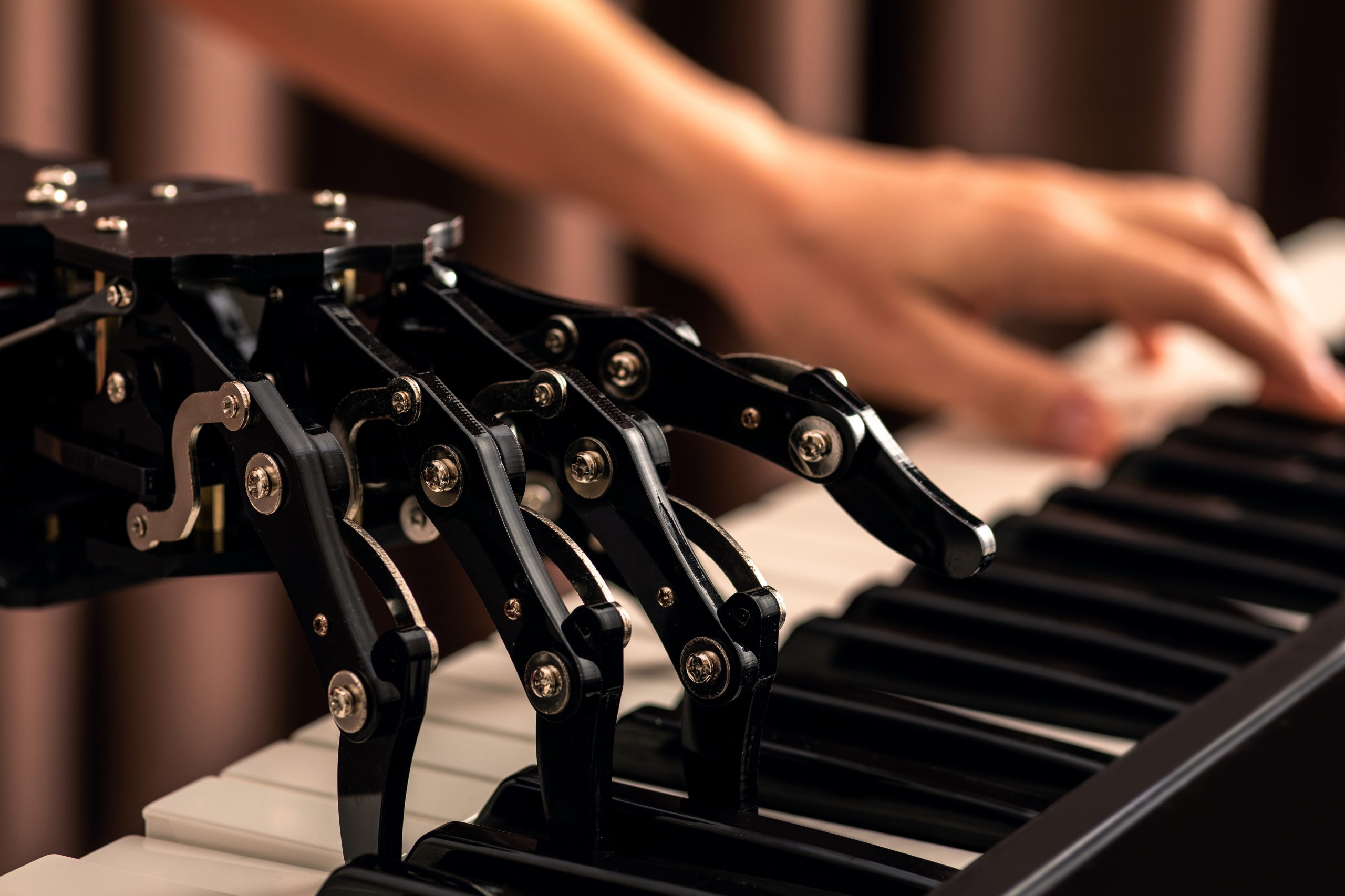AI-Generated Song Sparks New Copyright Concerns About Emerging Tech

The breathtaking speed at which artificial intelligence is advancing has sparked serious debates about how to regulate and restrict its use — and now the music industry is getting involved.
A growing number of AI-produced songs appear to feature well-known artists, leading musicians and record labels alike to sound the alarm. The most alarming example thus far involves the sound-alike voices of rappers Drake and The Weeknd in a track that neither artist actually performed.
Prior controversies involved the use of Rihanna’s voice to create a new version of a Beyonce song as well as an entirely new track composed by AI in the style of ‘90s grunge band Nirvana.
After the song mimicking Drake and The Weeknd was released on TikTok, it quickly racked up millions of likes while raising new uncertainties about whether humans will actually be able to maintain ownership of their own voices.
Experts have revealed how simple it can be to create a near-perfect replica of any person’s voice using an original clip just a few seconds long.
In this case, Universal Music Group was able to eradicate most examples of the song from streaming platforms and other sites, but it is clearly just the tip of the iceberg as the world is thrust into an uncertain future dominated by this emerging technology.
Although UMG acknowledged in a statement on the matter that tech can be a big part of the music industry’s success, “the training of generative AI using our artists’ music (which represents both a breach of our agreements and a violation of copyright law) as well as the availability of infringing content created with generative AI on DSPs, begs the question as to which side of history all stakeholders in the music ecosystem want to be on: the side of artists, fans and human creative expression, or on the side of deep fakes, fraud and denying artists their due compensation.”
Unlawful copyright infringement is just one of the many concerns raised by the rapid proliferation of AI. Along with music, images have also been at the forefront of this ongoing debate.
Getty Images sued an AI art generator earlier this year for using its database to create new compositions.
“It is Getty Images’ position that Stability AI unlawfully copied and processed millions of images protected by copyright and the associated metadata owned or represented by Getty Images absent a license to benefit Stability AI’s commercial interests and to the detriment of the content creators,” the lawsuit asserted.
























